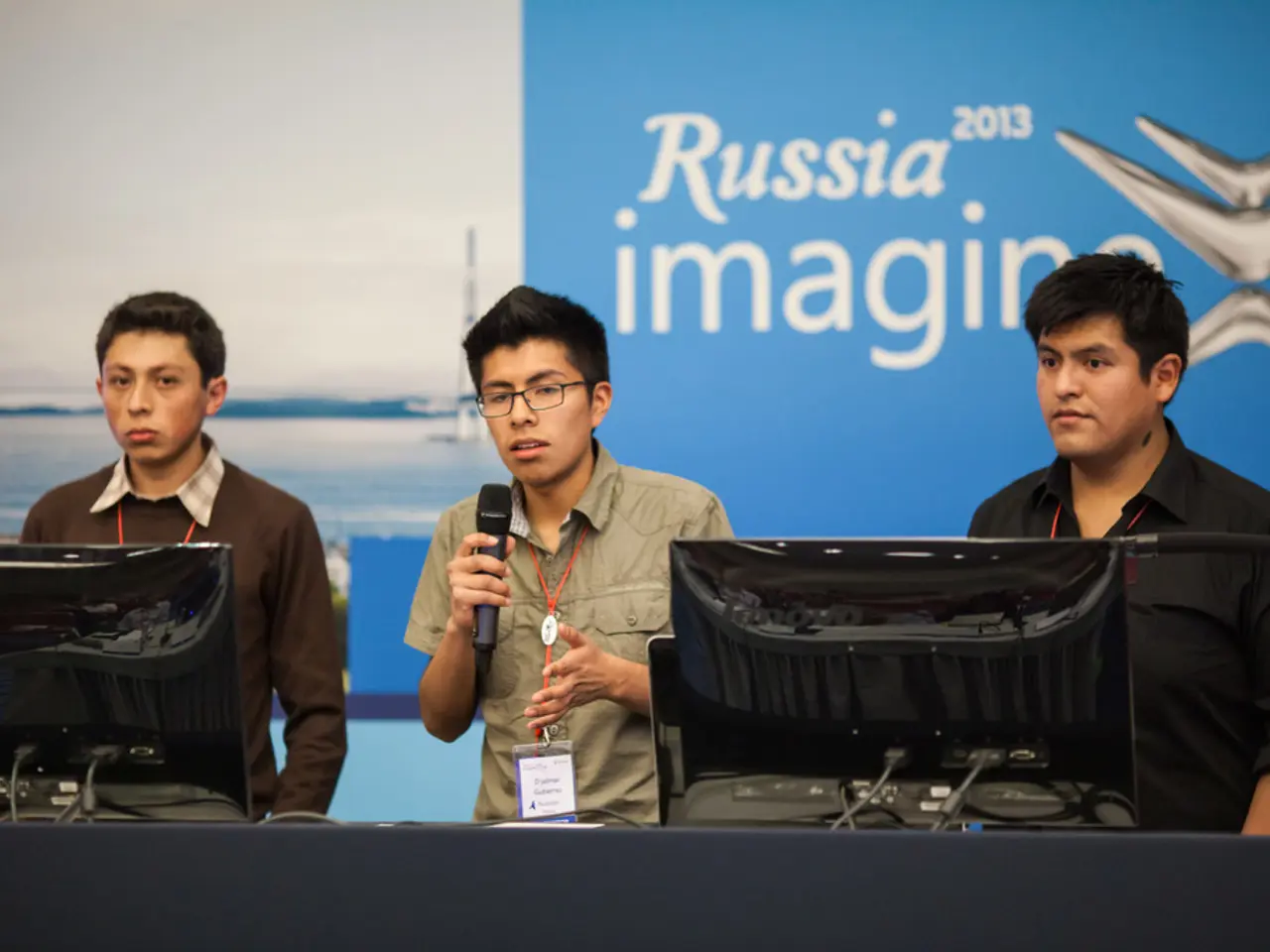Court in Kenya to Determine Authority in Facebook Algorithm Lawsuit connected to Ethiopian Conflict Violence
Meta to Face Allegations of Human Rights Violations in Kenyan High Court
Meta, the parent company of Facebook, is set to appear before the Kenyan High Court on Tuesday, as two Ethiopian citizens, Abraham Meareg and Fisseha Tekle, and a local civil society organization, The Katiba Institute, bring a case against the tech giant.
The plaintiffs allege that Meta's algorithmic recommendation systems played a role in promoting harmful content, contributing to human rights abuses during the armed conflict in northern Ethiopia from November 2020 to November 2022. Abraham Meareg's father was reportedly killed in November 2021 after hate posts targeting him surfaced on Facebook. Fisseha Tekle, an Amnesty International employee, has also faced online threats.
This case comes after the Supreme Court of Kenya established a precedent that foreign companies, including Meta, can be held accountable for their actions in Kenya, even when those actions are conducted through third-party contractors. However, the specific circumstances of the case against Meta will need to be carefully considered by the High Court.
A human rights advocate explained to TechCabal the nature of the alleged human rights violations and the role that Meta's algorithmic recommendation systems played in promoting harmful content in the case against Meta. This precedent may bolster the petitioners' case in the High Court on September 20.
It is currently unclear who the judge or judges presiding over the Meta case in Kenya on Tuesday will be. The Supreme Court's ruling may not directly apply to the specific facts of the case against Meta, as each case is unique and must be evaluated on its own merits.
The High Court will need to weigh the evidence presented and determine whether Meta is responsible for the harm caused by the promotion of harmful content on its platform. If found liable, Meta could face significant consequences, including fines and potential changes to its algorithmic recommendation systems.
This case against Meta is significant as it highlights the potential impact that tech companies can have on human rights issues, particularly in conflict zones. It also underscores the need for tech companies to take responsibility for the content that is promoted on their platforms and to take steps to prevent the spread of harmful content.
Mercy Mutemi of Nzili and Sumbi Advocates represents the two Ethiopian petitioners in the case. The outcome of this case could have far-reaching implications for the tech industry and the way that tech companies operate in Kenya and beyond.








